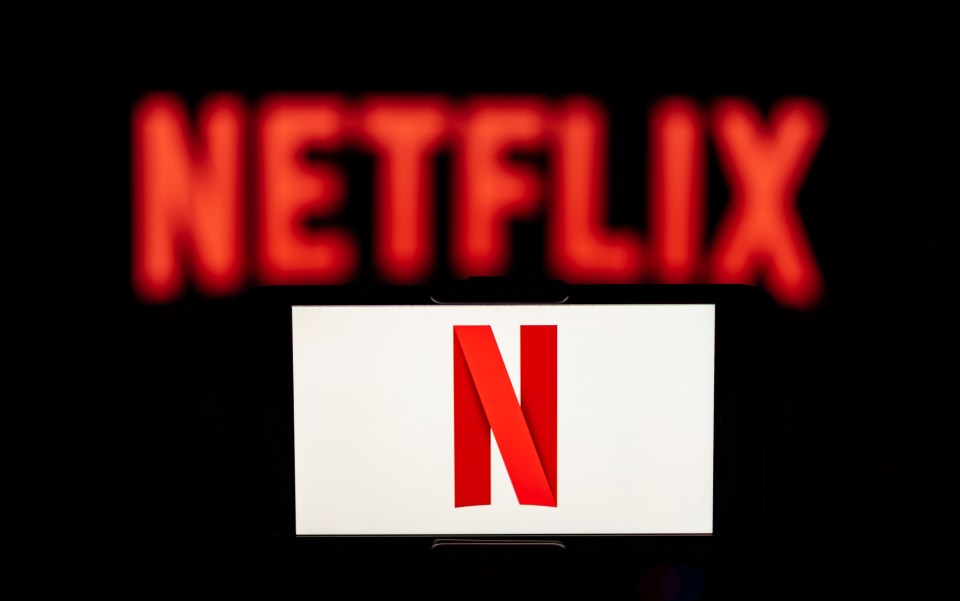Netflix’s £2bn gamble on South Korea and a new Squid Game is an unlikely nuclear deterrent

Netflix’s £2bn investment in South Korea isn’t only about entertainment; it also shows South Korea’s soft power works in uniting the West against a possible attack from North Korea, writes Leon Emirali
When Netflix this week announced a $2.5bn investment to produce more South Korean entertainment, they did so to encourage the production of captivating thrillers and glossy rom-coms that have made so-called K-Drama’s a worldwide hit.
Inadvertently perhaps, Netflix’s announcement could also be considered an investment in the world’s most unlikely nuclear deterrent.
As tensions simmer on the Korean Peninsula and the South faces an unpredictable nuclear threat from Kim Jong-Un in the North, the West would likely find itself compelled to defend its ally in the event of a hot war. Not only because of traditional geopolitical factors but also due to the cultural impact of the Hallyu Wave – the name given to the huge popularity of K-Pop and K-Dramas that has spread across the world.
Much like Ukraine, South Korea relies on the West for its security. There is a chilling parallel between these two nations. Both have faced invasions and territorial disputes from their powerful neighbours. South Korea, however, has turned to soft power in the form of K-Pop and K-Dramas to build an international coalition and drum-up potential support in the event of a crisis.
This isn’t accidental. The government’s proactive involvement in supporting these industries is clear through the establishment of dedicated agencies, such as the Korea Creative Content Agency and funding programs like the Hallyu Globalisation Project. This government backing, coupled with the soaring popularity of K-Pop groups like BTS and BLACKPINK, as well as K-dramas like “Squid Game” and “Crash Landing on You,” has enabled South Korea to wield its soft power sublimely, expanding its economic and diplomatic footprint worldwide.
South Korea is now a soft power juggernaut; its entertainment and pop culture exports are used as a means of diplomacy and geopolitical influence. No nation, perhaps since the US in the 1980s, has done this so effectively.
Netflix’s latest investment is a testament to that influence. By producing and distributing more South Korean content, the streaming giant is not only cashing in on the Hallyu Wave’s popularity but also contributing to a strategic geopolitical alliance between South Korea and its Western allies that could have a huge sway in determining the fate of the region.
The cultural affinity that the global audience has developed for South Korean entertainment would make it difficult for elected Western leaders with voters to please to turn a blind eye to any aggression from the North, as the public outcry would be immense – especially from younger voters.
Russia’s invasion of Ukraine serves as a cautionary tale. In the lead-up to the conflict, Ukraine’s reliance on the West for security was apparent, with the country’s leaders seeking assistance from NATO and the European Union. The international community’s response to the invasion highlighted the political and strategic significance of Western support. But that support has been hard-won, with some in the West now questioning such extensive support to battle Putin when global inflation continues to bite.
South Korea’s soft power strategy, however, may prove more successful than Ukraine’s, specifically thanks to its investment in pop culture. By beaming in scenes from Seoul and beyond to our living rooms every night, the West has a familiarity and affinity to South Korea that it never had with Ukraine.
In other words, South Korean politicians are banking on the millions of K-Pop and K-Drama fans worldwide to clamour for Western support if they were ever under threat.
The strength of K-Pop and K-Dramas as a nuclear deterrent is not merely symbolic. The South Korean cultural industry has had a tangible impact on the country’s economy, and tangentially its readiness for war. The entertainment industry has emerged as a crucial component of South Korea’s economy, with the rapid growth of the cultural sector contributing significantly to the nation’s GDP. The cultural and creative industries accounted for 4.3 per cent of the GDP in 2020, a figure that has been steadily on the rise since the early 2000s.
The popularity of K-Pop and K-Dramas in the West may well be South Korea’s most potent weapon in the face of North Korean aggression. Whilst we all hope the drama stays on our TV screens and not in the trenches, the cultural and economic ties between South Korea and its Western allies increases the likelihood of Western support in the event of a such a crisis on the Korean peninsula.
